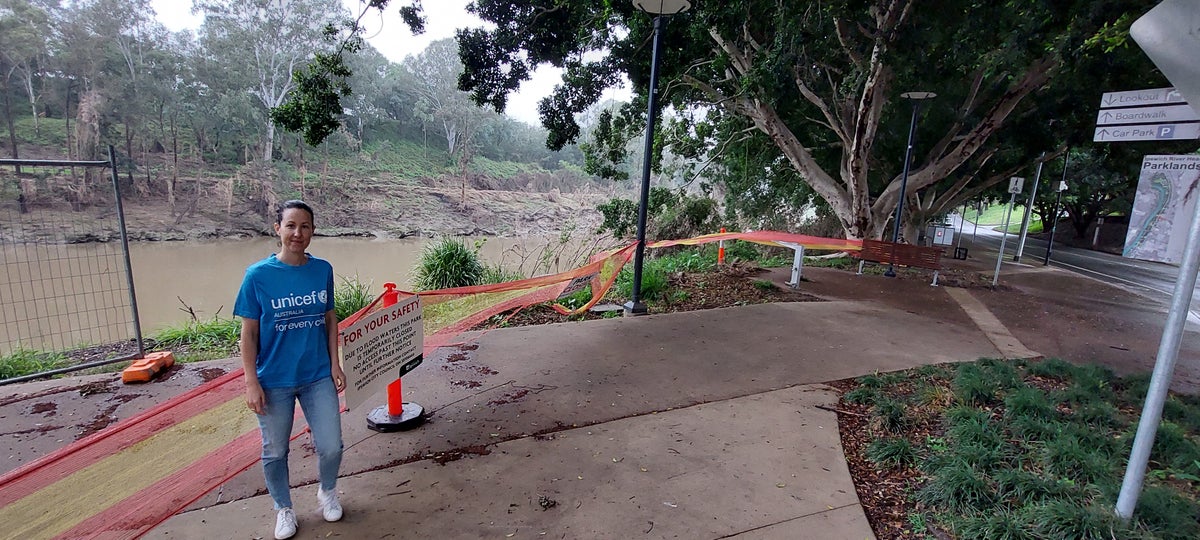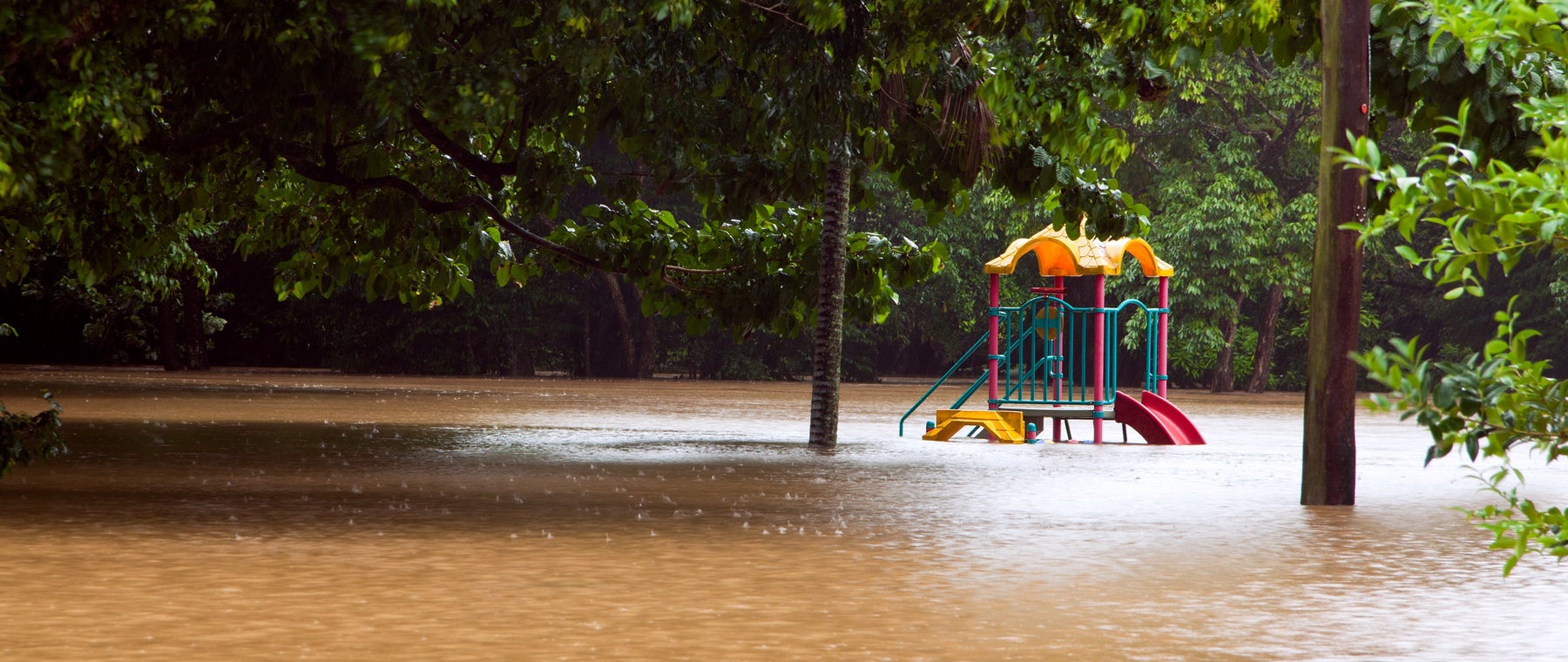We continue to see the devastating destruction and emotional impact on children and families due to climate change-driven extreme weather events – with predictions these will become more frequent and intense over time.
Just this week the New South Wales Central West, including Forbes and Dubbo, has been hit by severe flooding, and last month we saw Victoria and Tasmania hit by some of the worst flooding in decades.
Our thoughts and condolences go out to children and families affected by the ongoing disaster, whilst we also continue to acknowledge the hard work and dedication of first responders and volunteers on the ground.
Putting the needs of children first
Through our work with children, we have seen that children’s needs and experiences are typically hidden and misunderstood during times of disaster and crisis.
"Speaking with flood affected communities earlier this year, I saw how children’s education, safety, mental health and wellbeing have been seriously impacted by the disaster. But children’s needs have been for the most part been hidden. There must be more data and information about children’s needs available to provide tailored disaster responses."
While on the ground consulting with families after disasters -- such as the Bushfire disaster in 2019 and 2020, and the floods earlier this year -- we know that children are particularly vulnerable during these emergencies and that it is imperative that they are consulted and prioritised during the disaster recovery and response.

Speaking to children about natural disasters
It is easy for adults to feel overwhelmed and devastated by catastrophic scenes caused by natural disasters, and children are no different.
Some key tips on how you can support children are:
- Follow their lead, ask if they would like to talk about what they are seeing and hearing
- Be honest, explain the truth in child-friendly way
- Reassure them
- Show them all the good people and first responders helping those in need
- Brainstorm ways that they could help
- Take care of yourself too
Read more here: How to talk to your children about natural disasters (unicef.org.au)
UNICEF and ANU’s Australian Child and Adolescent Trauma, Loss & Grief Network recently released a podcast series for educators that shares the learning from people who have experienced bushfires and floods first-hand, and experts who provide advice about the best way to support the school and community through these challenging experiences. Listen now.
We call on the Australian Governments
As climate change fuels more frequent and intense disasters, Australian Governments must be prepared to scale-up investments in child-sensitive disaster response, recovery and resilience-building measures across the country.
The ongoing devastation that these floods are wreaking upon communities across Australia is a timely reminder to leaders, currently at COP 27, that showing more ambition to protect, prepare and prioritise children in response to the climate crisis, and preventing its worst impacts has tangible consequences for the lives and livelihoods of children and young people at home.
UNICEF Australia calls for more child-centred responses and for the needs of children to continue to be prioritised by:
- Developing tailored plans for affected children to keep them connected to their learning as disruptions to schooling continue.
- Urgently deploying child-focused mental health and psychosocial support through lead agencies who are best-equipped to respond to children’s needs
- Consulting directly with young people to best understand their needs and priorities during the floods.
Related articles
Stay up-to-date on UNICEF's work in Australia and around the world
















